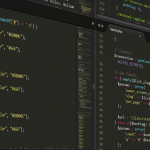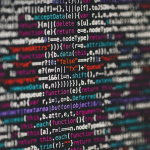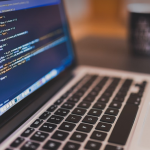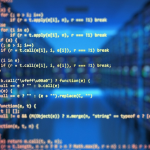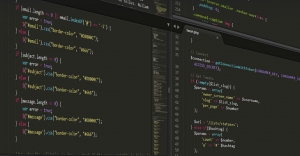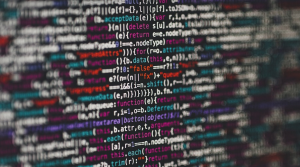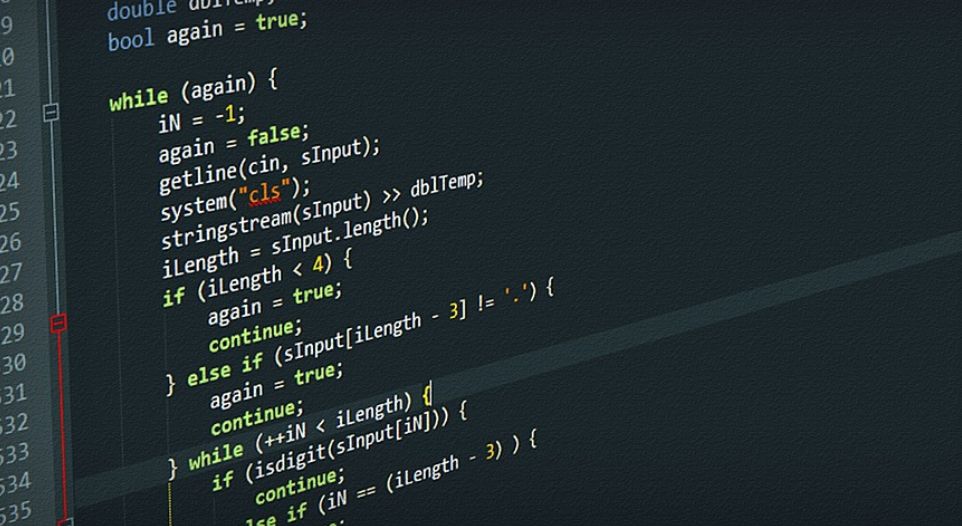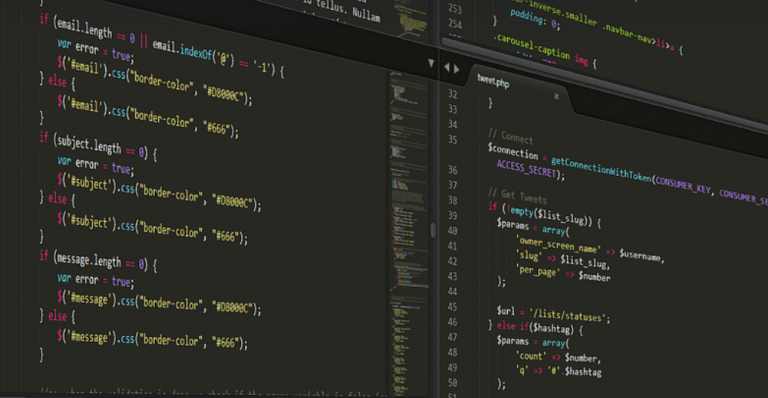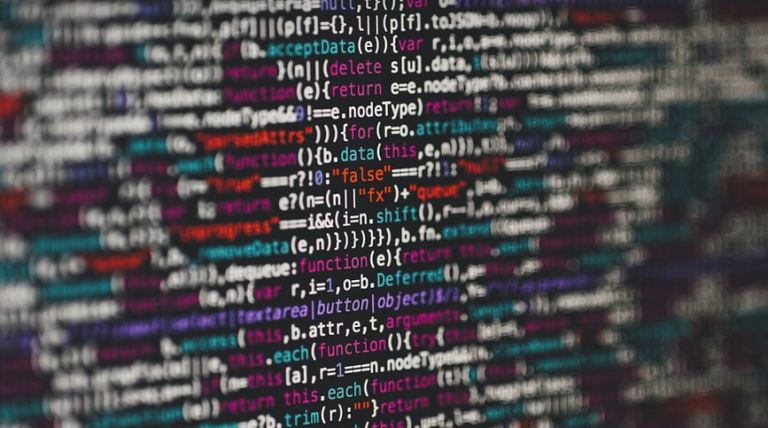Get Ready for Coding
Welcome to the exciting world of programming! We’re about to dive into a beginner-friendly quiz that will test your understanding of basic coding concepts. No prior experience is required, just an eagerness to learn and explore this digital frontier. Let’s get started!
The journey towards mastering programming begins with understanding the fundamentals. This quiz acts as a stepping stone, providing you with a solid foundation to navigate the complexities of coding. Don’t worry if you feel like a complete newbie – remember, learning is all about starting small and building confidence step-by-step.
The primary objectives of this introductory quiz are to:
- Explore basic programming concepts
- Gauge your understanding of fundamental coding principles
- Identify areas for further learning and exploration
- Boost your confidence in tackling more challenging coding challenges
Before we embark on this journey, let’s delve into some exciting programming basics. Think of programming as a language that allows you to give instructions to a computer. You can tell it how to do things like create websites, build apps, analyze data, and much more.
Programming languages are the key to understanding this digital communication. Just like humans speak different languages to communicate with each other, computers also use languages that we need to learn to interact with them effectively.
Let’s have a look at some of the most popular programming languages:
- **Python**: Known for its simplicity and ease of learning, Python is often used for web development, data analysis, and artificial intelligence.
- **JavaScript**: This dynamic language breathes life into websites by adding interactivity and animations. It’s essential for making your online experiences more engaging.
- **Java**: A versatile language with broad applications in mobile app development, big data, and enterprise software.
- **C++**: Known for its performance and efficiency, C++ is often used to develop games, operating systems, and high-performance applications.
Now that you have a glimpse of the different programming languages out there, let’s take a quick look at some core programming concepts:
Variables: Think of variables as containers for storing information. Imagine them like boxes where you can put your data – numbers, words, images – and easily retrieve it later.
Data Types: These are categories that determine the type of information a variable can hold.
* **Numbers (Integers & Floats):** Whole numbers or decimal numbers used for calculations. * **Text (Strings)::** Words, sentences, and other textual content stored in a variable. * **Booleans (True/False)::** Represents truth values (true or false)
Operators: These are symbols that perform specific actions on data – like addition (+), subtraction (-), multiplication (*), division (/), or comparison (<, >).
So, you have a basic understanding of variables, data types, and operators. What’s next? Well, let’s explore the power of conditional statements! These are the command centers of decision making in programming.
The Power of Conditional Statements
Conditional statements allow your program to make decisions based on specific conditions you specify. Think of them as “if-then” rules for your code – if this condition is true, then do this; otherwise, do something else.
Here are some examples:
- **if statement:** This checks a condition and executes the code block if it evaluates to true. Example: `if age >= 18:` (only execute this code if the variable ‘age’ is 18 or greater)
- **else statement:** This is executed when the `if` statement’s condition is false, providing an alternative path for your program. Example: `else: print “You are not of legal age”
Conditional statements form the backbone of logic in programming – making sure your code behaves as you intend, and that’s awesome!
The Magic of Loops
Loops offer a way to execute a block of code repeatedly, without having to write the same instructions multiple times . Imagine them like repeating patterns of actions.
Here are a few different types of loops:
- **For Loop:** Used for iterating over a known number of times, typically with an initial value and increment or decrement between steps.
- **While loop:** Continues executing the code block as long as a specific condition is true.
Your Programming Journey Starts Now
Congratulations on navigating the basics! You’ve just taken your first step into the exciting world of programming. Your quiz will test your understanding of these fundamental concepts, and it’s also an excellent opportunity to get familiar with coding terminology. As you progress, explore different programming languages and experiment with real-world projects – there’s a whole lot you can create!
Don’t be afraid to ask questions and seek help when needed. There are tons of online resources and communities available to support you on your journey. Enjoy the process and have fun exploring the endless possibilities offered by coding.
